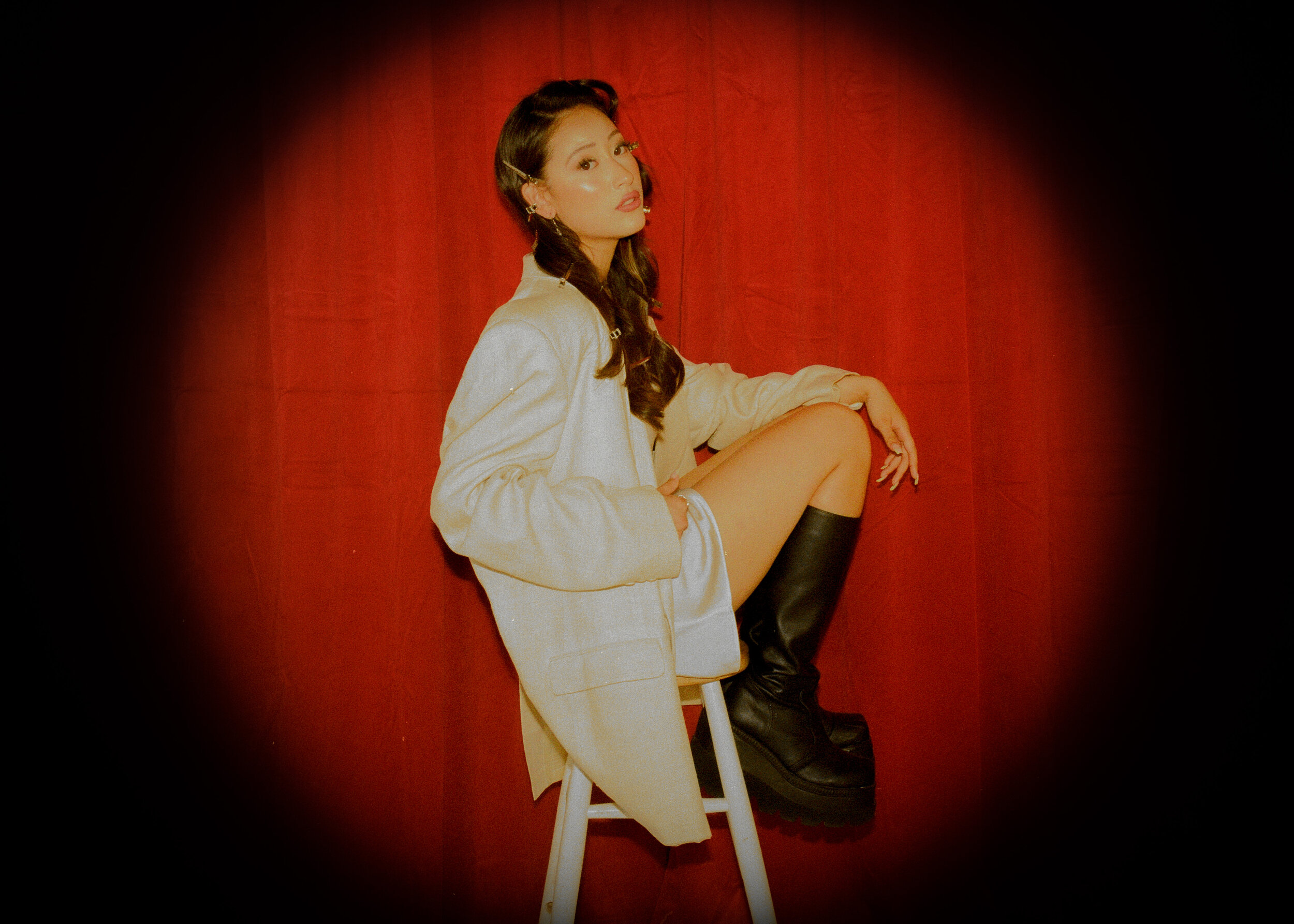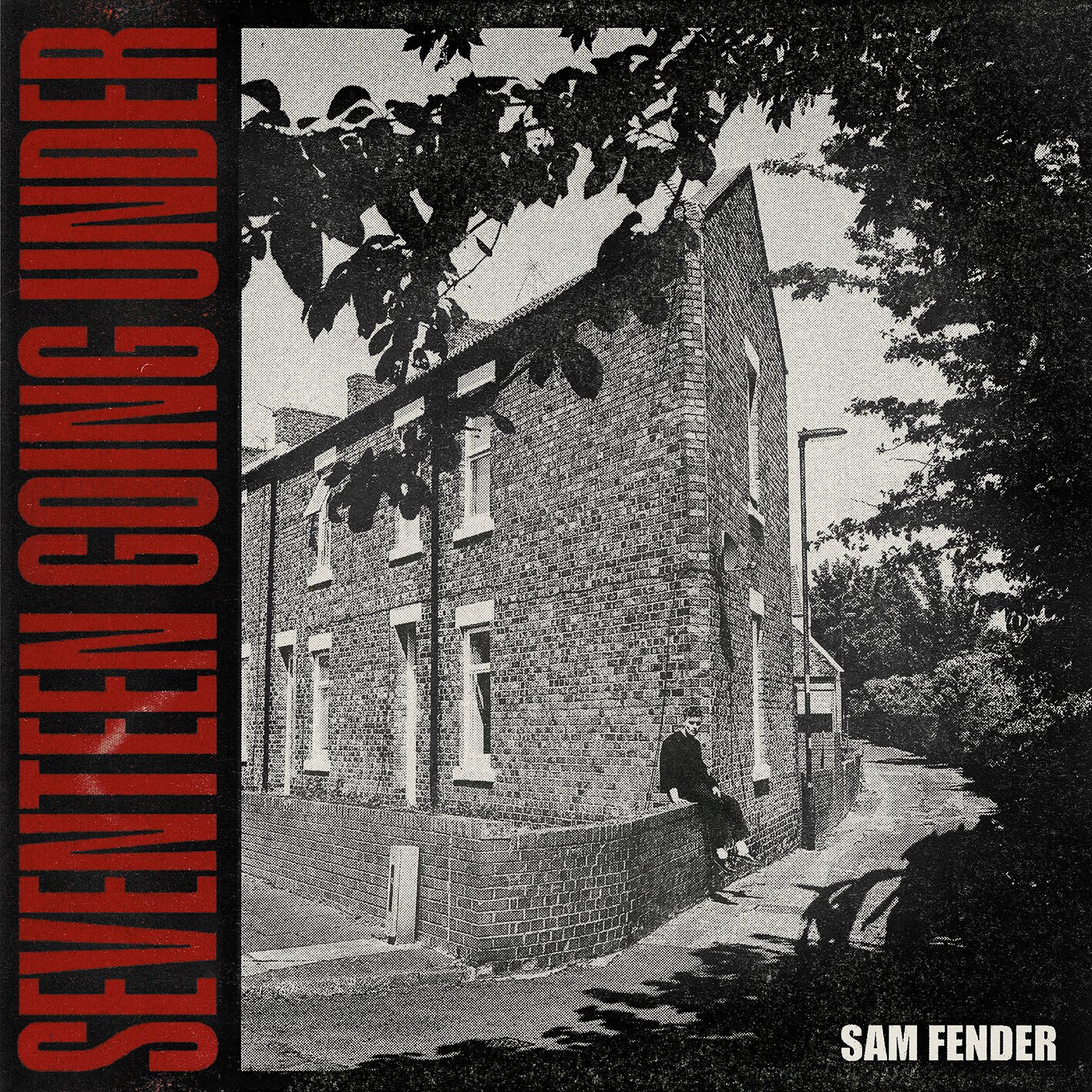by emma schoors
photo by jawn rocha
Waterparks has been on a constant roll for over half a decade. Their 2016 debut Double Dare was almost immediately succeeded by records in 2018, 2019, and a live album in 2020, not to mention vigorous, worldwide touring. 2020 meant the rigor that usually reigned over the Houston-based trio’s daily schedule had dissipated, and lead singer Awsten Knight found himself stuck at home with no one but himself to draw inspiration from. If Greatest Hits, the band’s fourth studio album, is any indicator, that drastic change in environment didn’t stop him from writing the band’s most lyrically rich, sonically magnetic songs yet.
We sat down with Knight to talk the new album, writing at home, and firing back up for the upcoming tour.
Has the Greatest Hits album cycle been different from the last?
Awsten: “Definitely, you know that. We were at home. It was so strange. I'm trying to think of how to say it without sounding dumb and repetitive. It was a really odd thing because when we launched Fandom we were in New York, and then the next day we went to the UK to go do a bunch of press and all these random small shows and stuff like that. With this, we were all just in my living room, and we were like, ‘Woo! It’s out.’ It’s been interesting because so much of what we've had to do has been just online, and I think everybody's had to get more creative with releases and doing things I guess a little outside the box online. It’s already kind of like, I feel like one of my strengths, I guess I would call it. I mean it was still fun, but it’s definitely been like, I prefer seeing people's faces instead of just trying to do everything through the computer.”
You described the record as being, in part, about seclusion and self-examination. Can you take us through any specific songs or moments that are inspired by these themes?
Awsten: “When we started touring at the top of 2016, that was our first time really leaving Texas and to start going around and seeing all these people full time, just being like, ‘Yes, yes, yes!’ And then going home and seeing nobody, zero people for a year? That really makes you kind of examine, because you get used to these really high highs or these bursts of people being excited to see you or be around you or whatever. That’s what the song ‘Magnetic’ is. It’s kind of examining the part of you that feels larger than life or sought after, versus the person you are when you're alone, and being alone, it really forces you to look at yourself and spend time with yourself and be like, ‘Oh, weird.’ Very, very therapy heavy times. Even sonically, I feel like there was more rhythmic stuff that made me want to move or kind of dance or whatever. Even the opening track, ‘Greatest Hits’ into ‘Fuzzy’ and all this stuff. So many of these songs are just because I wanted to make stuff that made me want to move as opposed to sitting on my couch all day. I was like, ‘What would I want to dance to right now, what's gonna make me feel good to dance around my apartment to?’ That was definitely more prevalent this time than last.”
When you’re recording, are you thinking, “I’m going to tour this album,” or are you just thinking about the creative process?
Awsten: “I try not to. I definitely don't aim, or at least with this album I didn't aim to be like, ‘…and then live, this is going to go like this,’ because I feel like whenever I'm just at home sitting at my makeshift studio or whatever, I'm just like, ‘What’s a sound I just haven't heard a band do?’ I try and imagine what I would be jealous of if somebody else did it and then just try and make those sounds up or implement sounds I've heard other places, or variations of those sounds into a band setting.”
One silver lining of this past year or two seemed to be a drastic increase in the time you were able to devote to songwriting. Do you write more proficiently/like the songs you write when you’re alone better?
Awsten: “That’s hard to say. I think I maybe like them both equally. Because when we are touring and stuff and I'm writing, I usually write when I'm by myself. I'll go back to my bunk and write something, or if the doors aren't open yet, I’ll walk around the venue and write. You know what I mean? I think what I did prefer this time was just having, normally it's kinda like, ‘Oh, you leave for the next tour in like two weeks.’ And you're like, ‘Fuck.’ You need a second to try and catch yourself or recharge, but you also know ‘I need to be writing in this time.’ Otherwise stuff’s not going to be ready for the timelines that we have. This was just kind of like, it felt like there was less pressure on it because since nobody in the ‘industry,’ in the business knew what to do, it was very like, ‘Okay, just do whatever you want.’ I’m like, ‘Yeah!’”
A Night Out On Earth tour starts later this month and carries into December.
Awsten: “So scary.”
Are you more scared or excited?
Awsten: “Not in that kind of way. It's going to be a different kind of tour. We're going to be very, it's still very safety cautious. We’re not just completely back to normal. This tour is going to be a tour in a bubble essentially, you know what I mean? Don’t leave the bus, masks all the time unless you're eating or sleeping, no going anywhere after the show, no one backstage, it's going to be interesting.”
What are you most looking forward to about being back on tour?
Awsten: “We got to do some smaller shows in the UK a month and a half ago. We played all the new songs, and then we kind of got to see which ones went harder live. And then which ones, this was such a difficult thing, but basically cutting some of them out and switching them out with older ones just based on yeah, they really went off for this one. This one, they seem to enjoy it, but they didn't really do anything. So what I'm excited for now is to basically display a shitload of songs that just go so hard in front of people and that people react to so heavily. So I'm glad we got to see what works before we decided to go. I'm excited to see everyone just lose their fucking minds because it's been so long.”
What do you enjoy the most about live music in general?
Awsten: “What I enjoy the most is seeing everybody's reactions, and that's why I care about tailoring the set based on how people react. Because, I’ve told the guys this too, I can play perfectly and have the best performance of my whole life, but if the crowd is a bummer, I'm going to be like, ‘That shit sucked.’ I like seeing people react and I like hearing them. Honestly, my favorite thing about performing is to see how they perform. When I say they, I mean an audience, you know what I mean? When crowdsurfing is immediate and they're singing louder than me and shit, I'm like, ‘This is a good show. This is what I want.’ It makes me excited about these songs. I've heard them thousands of times before they've come out, because I'm constantly making new versions of the demos, tweaking them, and doing this and that and adding new things. It’s so much. So I know what the songs are for me is very solidified. But then when I see everyone just climbing on each other, I'm like, ‘Holy shit.’ That’s what’s exciting to me. My favorite thing is seeing other people’s reactions.”
It brings new life and new aspects to the songs that you hadn’t thought of before, because of people’s reactions to them.
Awsten: “It does, actually. I especially noticed that with Fandom. I haven't noticed it with Greatest Hits as much because we haven't gotten to really go hard on the touring for it, but for Fandom I realized, ‘Oh my God, these live versions are insane.’ That's part of what made me want to do the live album that we put out, the live album/DVD thing. Because versions of ‘[Reboot]’ or ‘Worst’ or ‘I Felt Younger When We Met,’ there's so many of them that just feel just completely different live and they just feel so cool and big. It’s the same reason I like remixes. Because I feel like a song is fully realized by the time we're putting it out, but then when I hear a completely new take on it with new chords, maybe a different tempo, I'm like, ‘Whew.’ It’s the same kind of thing hearing them live, you know?”
Absolutely. There are live albums that you enjoy more than the studio albums because there’s those little moments, or they’re just completely different.
Awsten: “Everything from the old albums, as far as Double Dare, Entertainment, stuff like that, I prefer the live versions so much more. I mean, I still like them, they definitely have their place and I wouldn't change a lot of things. Maybe quality or mix or whatever, but I wouldn't actually change what they are, because it's meant to be a snapshot of where you were at the time. But I'm like, dude, ‘Stupid For You’ is so much better now, and it's so much more confident. That was recorded really before, or I guess we had just started really touring when that album was recorded and I'm not naturally a very great singer. I definitely learned through repetition and necessity and I'm not even saying I'm incredible now, just I definitely can do what needs to be done. But now when I listen to the live versus the album one, I'm like, ‘This is way better.’”
Is there anything else you’d like fans to know about the upcoming tour?
Awsten: “Honestly, I just hope they go and I hope they have a very good time because I know that everybody has been waiting on this kind of thing for so long. I'm just curious to see how America reacts to it, because different continents respond differently to different songs. I'm excited to see everybody again, and I'm excited to have that energy because I mean, I can dance around my living room all I want, but nothing actually compares to 1,500 people doing it louder than me and climbing on each other.”





